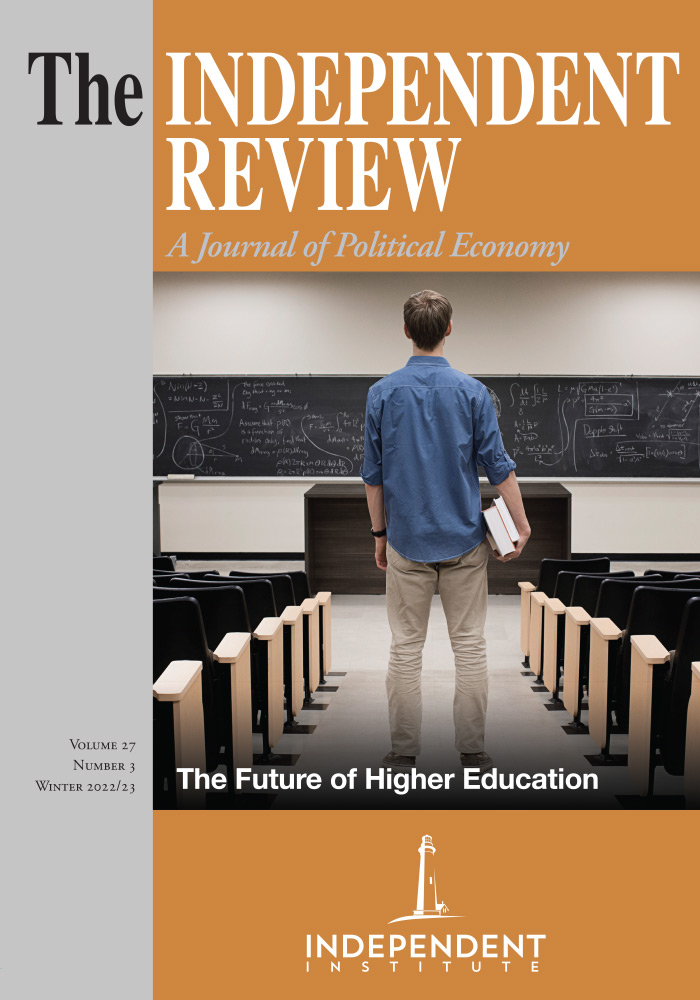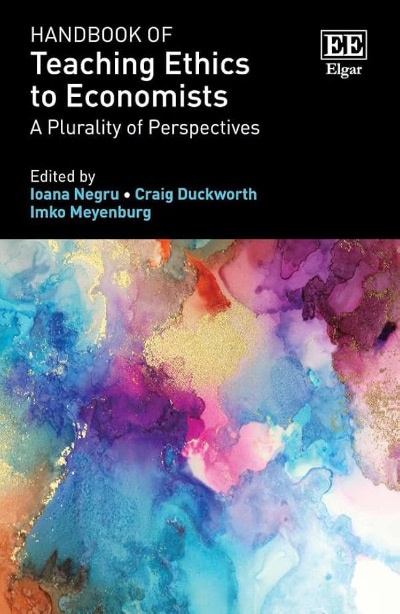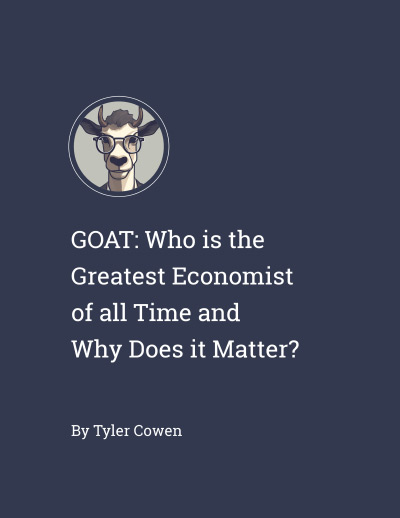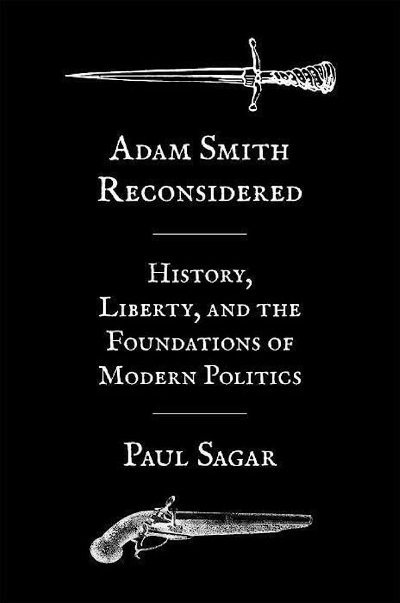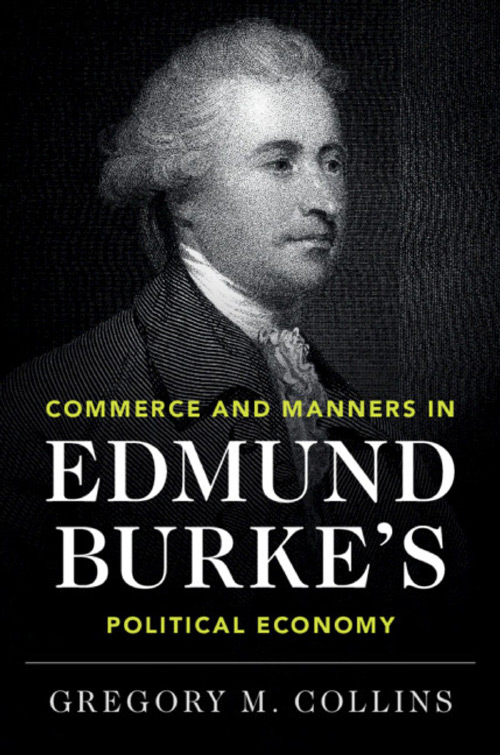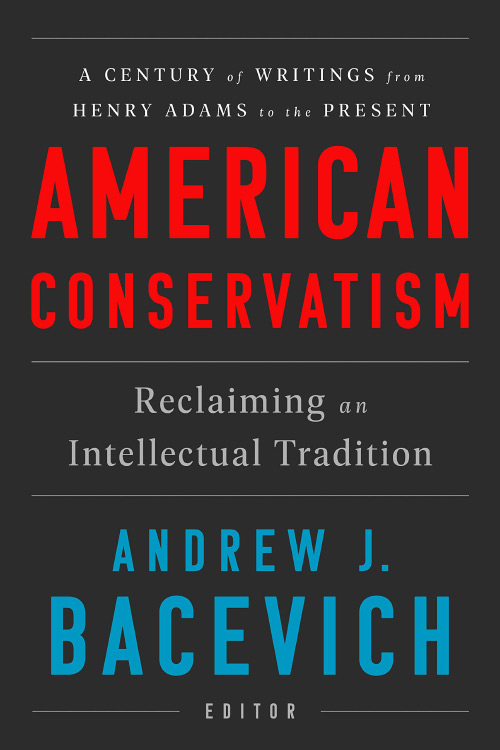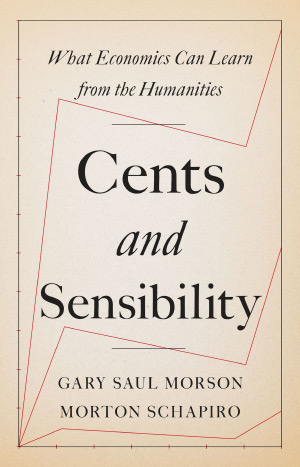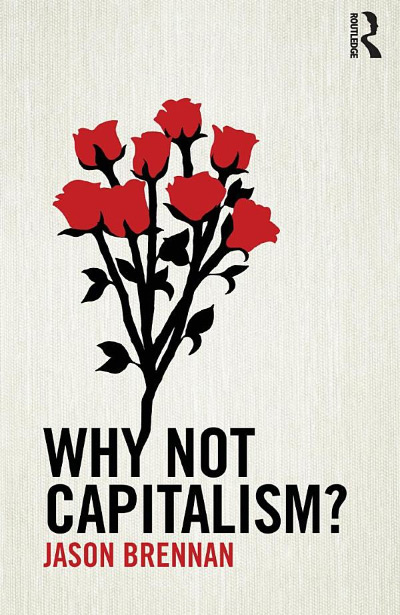It is widely recognized in the classical liberal tradition that freedom is a necessary condition for economic development. The essential argument is that a culture which legitimates a liberal institutional context—within which people are free to make their own choices and respect the choices of others—is what enables the discovery of economically viable means of social coordination and hence wealth generation. People have an innate tendency to socially interact; but their interactions may be wealth improving or reducing depending on their rules of just conduct. What often goes unmentioned, however, is the purpose and meaning of the self-directed actions in a context of freedom. What is the significance of self-direction in our modern world? What role does inner freedom play in enabling people to choose how they want to direct their lives? And how are social progress and human flourishing—outcomes that most people support—related to self-direction? This excellent book offers compelling answers to these important and timely questions.
Winton Russell Bates, an economist with fifty years of experience on public policy issues, provides a useful framework for understanding the relationship between freedom, progress, and human flourishing. Building off and sourcing from the work of such fundamental scholars as Aristotle, John Locke, Adam Smith, and F.A. Hayek, Bates helps us come to terms with the importance of self-direction in enabling us to live meaningful lives. His framework serves as both a social scientific approach and a practical guide. It can enable scholars to better understand the social world while simultaneously helping everyday actors find their footing in their quest for meaning. Through conceptual clarification, interwoven empirical evidence, and a wide-ranging sampling of the relevant classical liberal literature, Bates persuasively articulates what I take to be his fundamental argument: that a context of freedom is necessary for social progress and self-direction, and that it’s only through self-direction that humans can genuinely flourish.
The approach that Bates puts forth stands in stark contrast to recent trends in behavioral science. Rather than emphasizing the biases of humans as defects that depart from rational choice, Bates emphasizes the importance of practical experience and the learning that comes along with choosing for yourself. People learn from the consequences of their choices and must be free to make mistakes if they hope to personally grow into the responsible adults they strive to become. Bates, like others in the classical liberal tradition, offers an understanding of human rationality that is more inclusive, less dependent on the satisfaction of strict criteria, and more dependent on people relying on their dynamic knowledge and interests through time. The arguments put forth in the book also cut against recent trends in progressive and conservative thought in the U.S. which support increased regulation over people’s choices and the central distribution of resources to satisfy some goals at the expense of others. Bates, in contrast, takes a principled approach that emphasizes the importance of equality under the law rather than equality of outcome.
The book is broken up into three sections that focus on freedom, progress, and human flourishing and are connected through the idea of self-direction. First, the concept of freedom is tackled from the natural rights perspective. When Bates uses the qualifier “natural,” he sees no inconsistency with the idea that our natural liberty or rights are the products of human action but not of human design. He suggests that, although we have innate rights to our person and property, what is defined as our person and property is influenced by our culturally evolved rules of conduct which govern our behavior. Our natural rights must be better articulated and supported, however, if they are to enable us to peacefully interact with one another. In a context that respects people’s free choices so long as those choices respect the rights of others doing the same, people can pursue meaningful lives filled with happiness. Natural rights are presented as fundamentally negative in that they dictate what people cannot do, such as steal, rather than what they should do. Bates draws on a rich history that discusses the idea of freedom in Western culture—largely stemming from the Scottish Enlightenment—and applies the idea to our current times. He suggests that if freedom is to withstand the test of time, we must understand that natural rights exist irrespective of government. Just because government takes away our rights does not imply that government is the source of our rights to “life, liberty, and the pursuit of happiness” (p. 21). The natural rights that support people’s free and socially legitimate choices ultimately provide the context for progress.
Second, in more directly getting at the concept of progress, Bates makes it clear that by progress he does not necessarily mean expedient change and certainly does not mean progressivism. By progress he means growth in opportunities for human flourishing. Violating natural rights to take advantage of short-term opportunities at the expense of others is a feature of modern political thought that Bates opposes. He also provides a great sampling of the core arguments put forth in recent years as to what exactly contributed to what Deirdre McCloskey terms the Great Enrichment—the tremendous economic growth that started about two centuries ago and which has provided tremendous opportunity for millions. While drawing on the work of scholars like McCloskey and Joel Mokyr, Bates stresses the importance of the liberal ideas, rhetoric, and culture which gave favorable meanings to increased specialization and trade. And he suggests that such attitudes are necessary if we hope to attain more opportunities through entrepreneurship in the market. Industrial innovations that reduced the production cost of material goods, our greater ability to cope with climate change, and new developments in information and communication technology to connect with others are some of the important examples that Bates points to as providing us with more opportunities for human betterment than our ancestors could ever imagine.
Third, Bates argues that people must attain genuine human flourishing for themselves. Under his approach individuals are viewed as truly flourishing when they self-direct their lives and accept the responsibilities of their choices. Self-direction can be supported by close family, friends, and colleagues but is ultimately something that no outside person or group can do for someone else. Citizens, in some sense, have become crippled by the government’s increased role in providing services—at least in the case of the U.S.—that were previously provided by private actors and organizations in civil society. The services which have been crowded out by government largely fall under the purview of social welfare. Bates views current government attempts to better the lives of its citizens through regulation, taxation, and redistribution as ineffective means of creating productive societies. Policies which seek to engineer certain outcomes at the expense of individual autonomy often fail to provide the conditions for progress and preclude individuals from truly flourishing. I take the great strength of the book to be its integrated approach that is brought to the forefront in the section on human flourishing.
In elaborating what he means by self-direction in the context of freedom, Bates is focusing on an ongoing, incessant human activity that occupies much of our lives: our continual attempt to flourish. But what exactly is a flourishing human? In the introduction to his book Bates lists what he considers to be the basic goods of a flourishing human: health and longevity, positive human relationships, an ability to live in harmony with nature, and psychological well-being. It’s not until finishing the book, however, that my reading of the attainment of these important goods takes a more nuanced shape. Although an underlying point that Bates makes throughout his book is that the basic goods of a flourishing human can only be genuinely attained through self-direction, what is left more implicit is the importance of the process of self-direction itself. Perhaps the undertaking of self-direction is more important than the attainment of the goods the individual directs herself towards? Could it be that through the act of successfully choosing for themselves, people find enjoyment and satisfaction with their lives? This could be evidenced by the fact that we’re usually not complacent with the attainment of any one goal; once we successfully attain it, we’re on to the next one. Perhaps one meaning of human flourishing is not necessarily the attainment of the goods of a flourishing human but their pursuit. As we get better at the pursuit and as we master our unique crafts in life, we find genuine meaning in our work which affords us the wealth (or opportunity) to spend more valuable time doing the things we love with the people we love. Freedom, progress, and human flourishing are closely related concepts and are perhaps among the most important for understanding what enables us all to live meaningful lives.
Although one of the book’s strengths is its comprehensive approach, it appears to be a source of its potential weakness. Given the great variety of sources cited and the rich literature review offered, the reader may be left at times hoping that some of the ideas were unpacked a bit more. Depending upon one’s perspective, however, this may be a strength. The comprehensive sampling of literature presented through concise language, makes it a great entry-point for folks unfamiliar with the philosophical, political, and economic literature in the classical liberal tradition. It also serves as a useful source for those more familiar with the ideas but in search of how exactly the different strands are connected. And the interwoven concept of self-direction provides a unique take that all can appreciate. Bates does a superb job clearly laying out what he means which makes for a very enjoyable page-turner. It will be of great interest to anyone seeking a better understanding of how liberty enables us to genuinely pursue our own sources of happiness.

